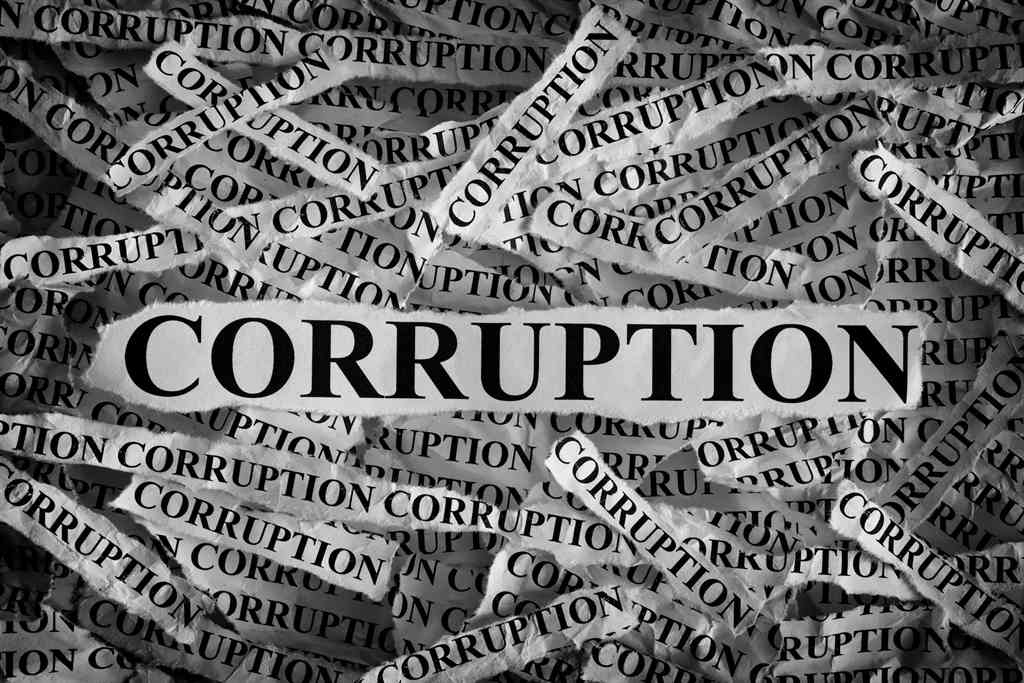
Now that the dust seems to have settled concerning the Office of the Speaker, it was very pleasing to see the House of Assembly resuming sitting on Tuesday this week and tackling some very pertinent legislative business.
It was gratifying to see the respective portfolio committees taking centre stage during debate on some of the proposed legislative amendments before the House.
In a significant milestone to the law-making functions of Parliament, the House on Tuesday objected to the passage of the General Laws Amendment Bill until some of its provisions were reviewed by the mover of the Bill, Justice minister Patrick Chinamasa.
The Bill sought to amend several Acts of Parliament in an omnibus fashion. Of major concern to the House were the proposed amendments to the Rural Districts Councils Act and the Urban Councils Act with respect to the procurement procedures for local authorities.
Also of major concern were the amendments to the Copyright and Neighbouring Rights Act.
The amendment to the Rural District Councils Act and the Urban Councils Act sought to centralise the procurement processes in local authorities, such that they would be handled by the State Procurement Board.
The Local Government Portfolio Committee objected to the proposed amendment with its chairperson Lynette Karenyi (MDC-T) arguing that the move was a step backwards.
She observed that the centralisation of procurement processes for local authorities would compromise the quick procurement of goods, promotion of local shops, companies and entrepreneurs and the independence of urban councils.
- Chamisa under fire over US$120K donation
- Mavhunga puts DeMbare into Chibuku quarterfinals
- Pension funds bet on Cabora Bassa oilfields
- Councils defy govt fire tender directive
Keep Reading
Karenyi also said that stakeholders who made representations before her committee noted that the proposed amendment would result in:
Centralisation
Increased relocation and closure of factories
Loss of jobs and shifted employment opportunities
Prolonged delays in service delivery
Corruption
Absence of accountability
Stakeholders were also concerned that the State Procurement Board would not have adequate capacity to deal with procurement emergencies in all the 91 local authorities in the country.
The committee further noted that the proposed amendment was against the spirit of decentralisation and devolution of power to local authorities.
It was highly pleasing to hear the chairperson of the Local Government Parliamentary Committee referring to submissions from the Bulawayo Progressive Residents’ Association and the Zimbabwe Local Government Association in her report.
This is enough proof that increased interface between parliamentary committees and civic society organisations will enrich the formulation of public policies in the country.
The chairman of the Portfolio Committee on Justice, Legal, Constitutional and Parliamentary Affairs Douglas Mwonzora presented his committee’s report on some clauses of the General Laws Amendment Bill.
The major highlight of his report was in respect to Clause 16 of the Bill, which sought to amend the Copyright and Neighbouring Rights Act (Chap 26:05) by making the following public documents or information copyrightable:
(a) official texts of enactments;
(b) official texts of Bills prepared for presentation in Parliament;
(c) official records of judicial proceedings and decisions;
(d) notices, advertisements and other material published in the Gazette;
(e) applications, specifications and other matters published in the Patent and Trade Marks Journal referred to in section 95 of the Patents Act (Chapter 26:03);
(f) official texts of international conventions, treaties and agreements to which Zimbabwe is a party;
(g) entries in, and documents that form part of, any register which is kept in terms of an enactment and is open to public inspection; and
(h) such other documents of a public nature as may be prescribed.
Mwonzora observed that this would violate the Geneva Convention which stipulates that every citizen must have the right to free access of all the laws and statutes of that country.
He also noted that the proposed amendment was in violation of Section 20(1) of the Constitution, which provides as follows:
Except with his own consent or by way of parental discipline, no person shall be hindered in the enjoyment of his freedom of expression, that is to say, freedom to hold opinions and to receive and impart ideas and information without interference . . .
After listening to arguments by Karenyi and Mwonzora and representations by the Parliamentary Legal Committee (PLC) which had decided to issue an adverse report on the Bill, Chinamasa conceded to the House that the arguments they were advancing made a lot of sense and therefore agreed to withdraw proposed amendments with respect to the procurement process in local authorities and the amendment to the Copyright Act.
He said the issue of procurement was a substantive matter better dealt with in a separate legislation and would therefore advise the Finance and Local Government ministers accordingly.
The Bill was then passed by the House of Assembly last Wednesday with amendments.
The PLC will review the amendments and if satisfied that the Bill no longer violates the Constitution, will issue a non-adverse report before the Bill goes for third reading and then transmission to the Senate.
The concession by Chinamasa demonstrated what portfolio committees can achieve in terms of their legislative scrutiny role.
Parliament can influence substantive changes to legislation provided more time is given to committees to scrutinise and invite stakeholder input without discrimination.
Section 50 of the Constitution says “Parliament may make laws for the peace, order and good government of Zimbabwe.”
John Makamure is the executive director of the Southern African Parliamentary Support Trust. He writes in his personal capacity.











